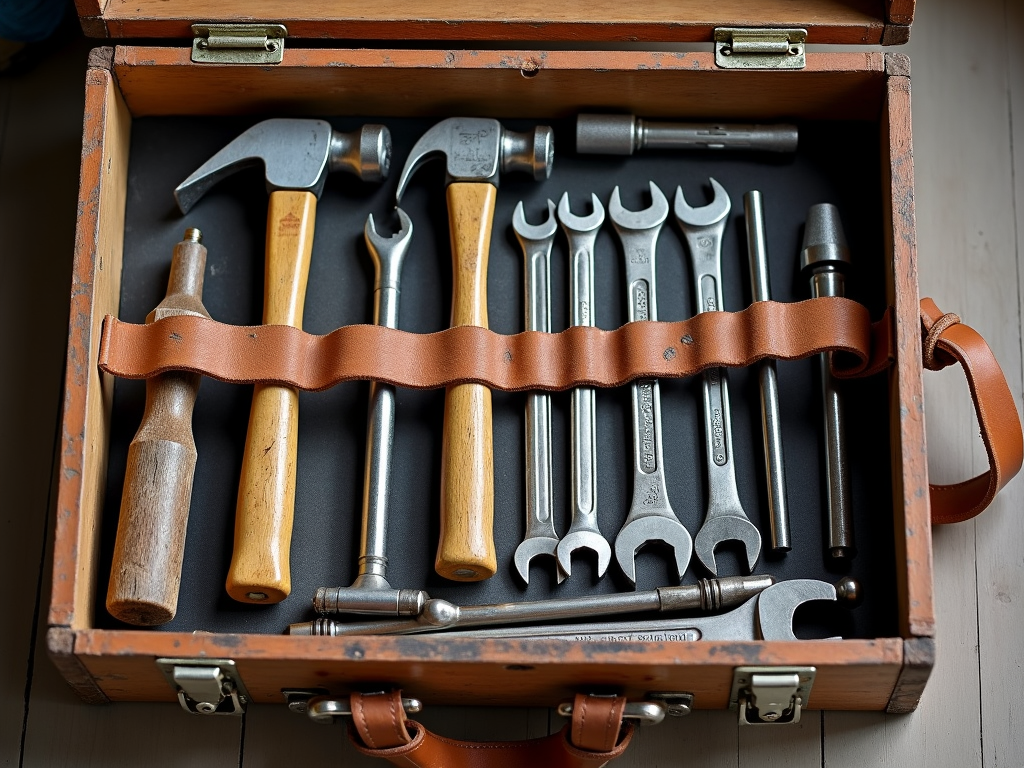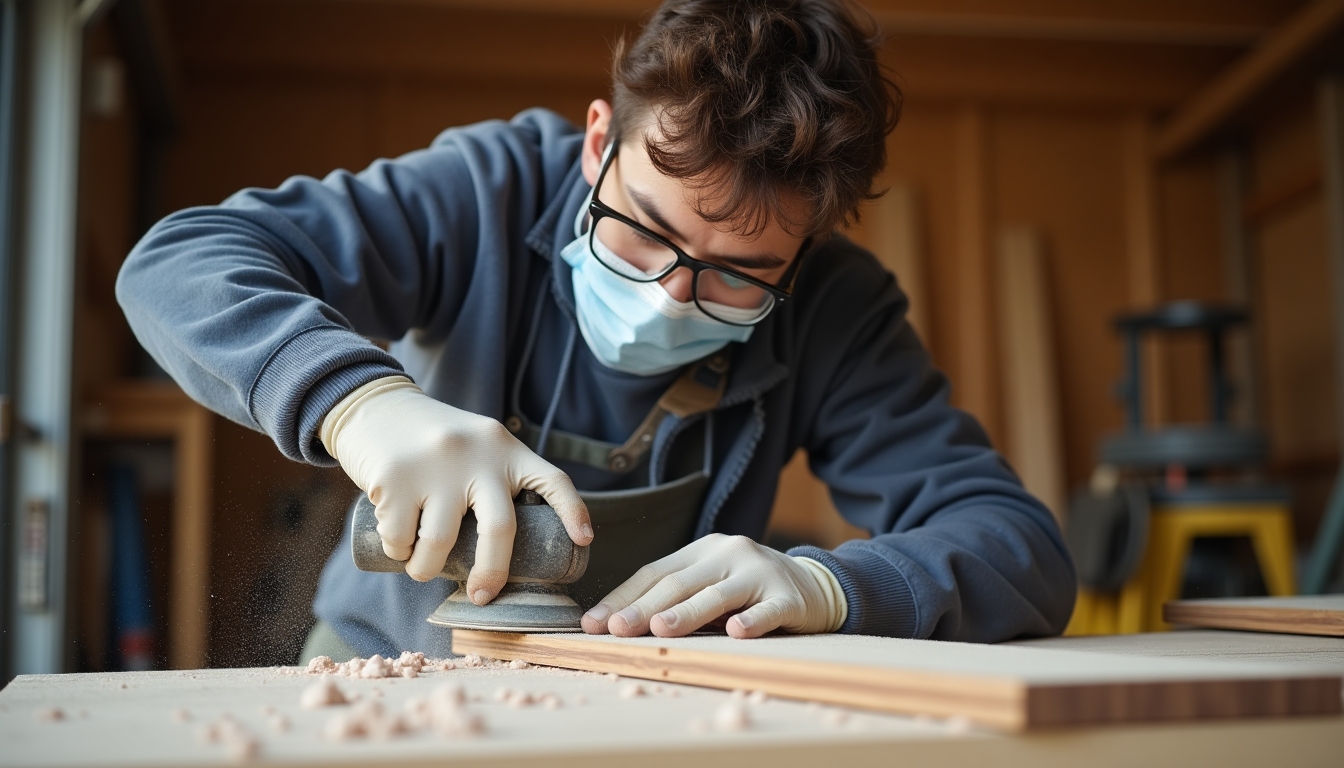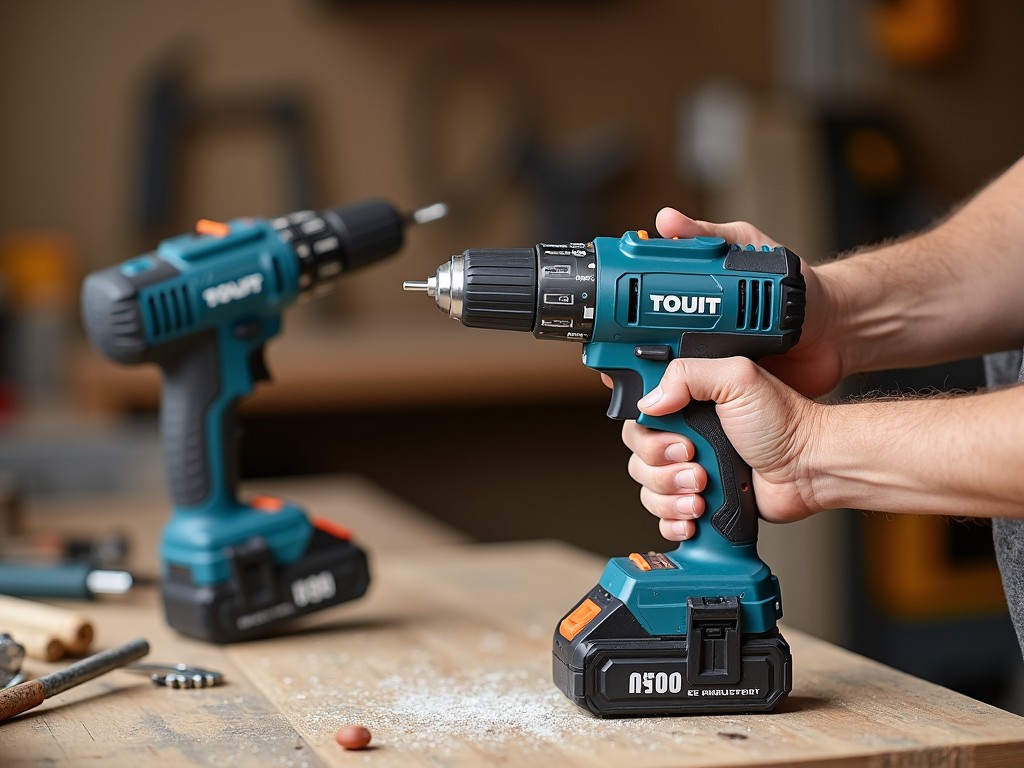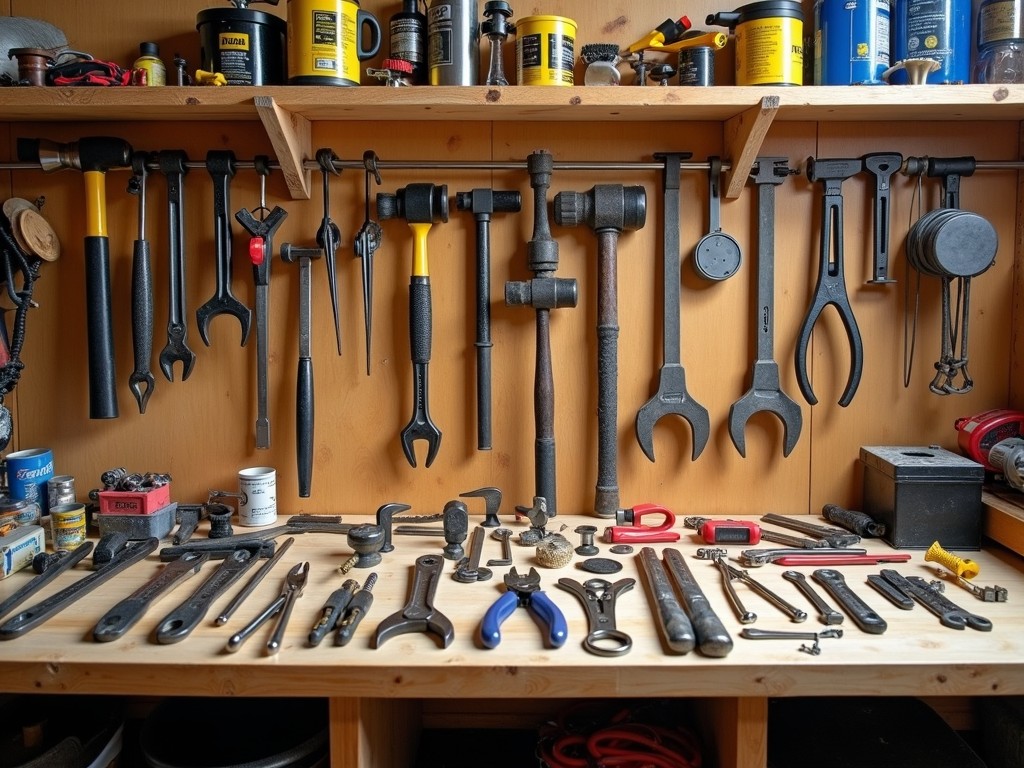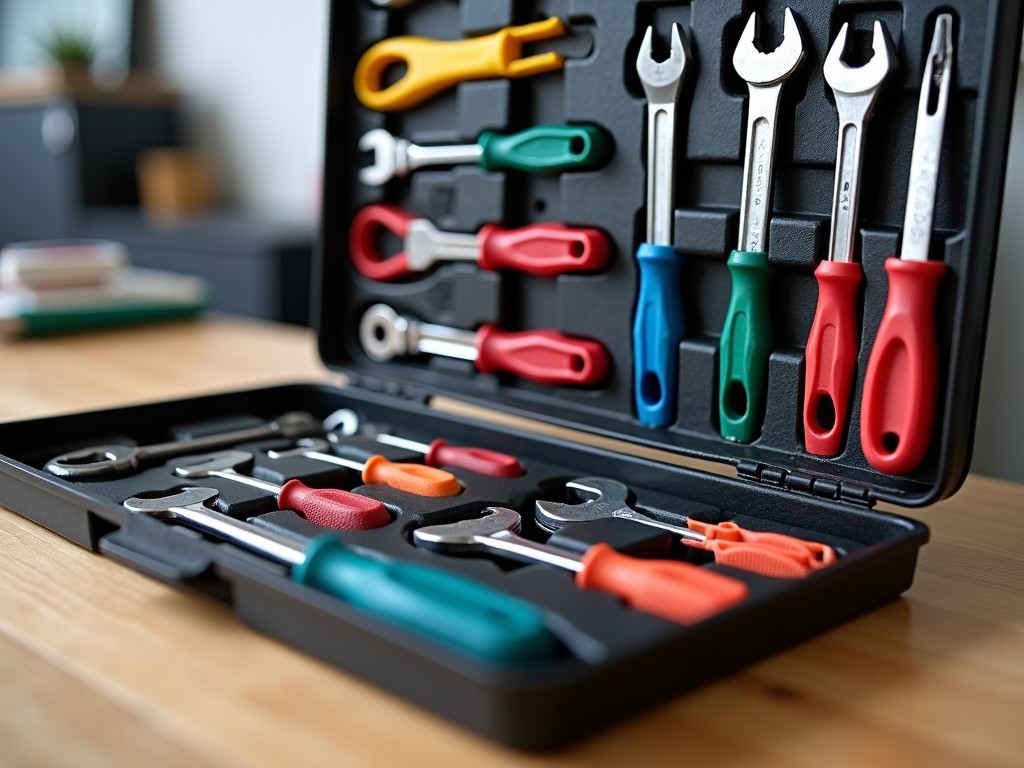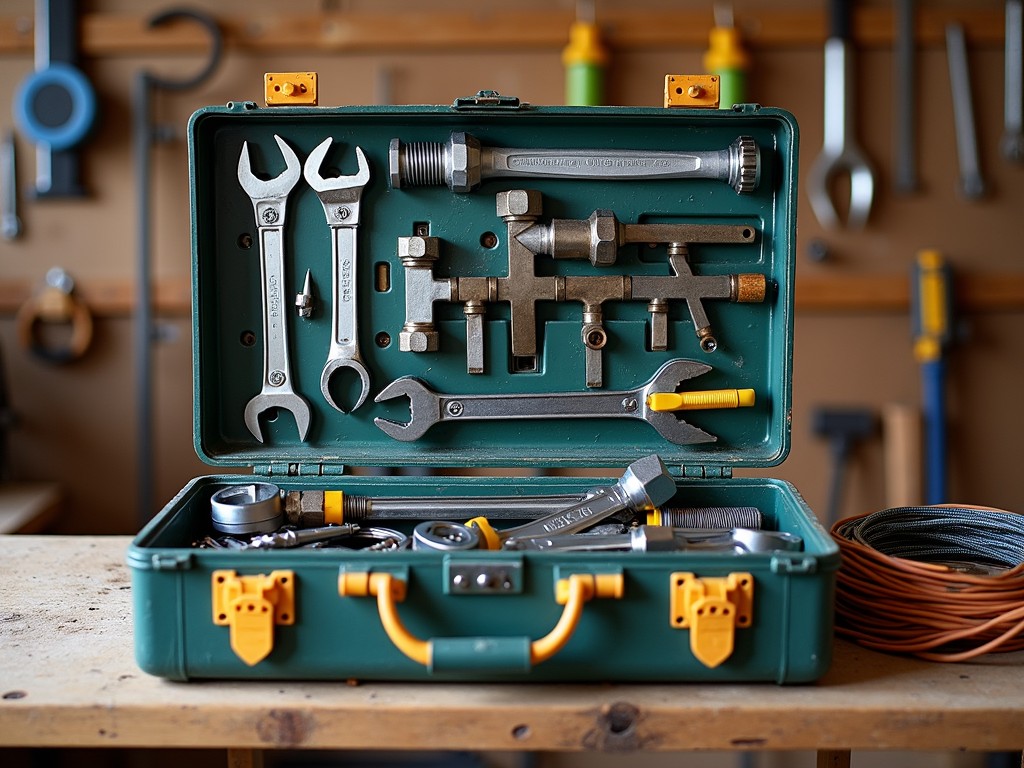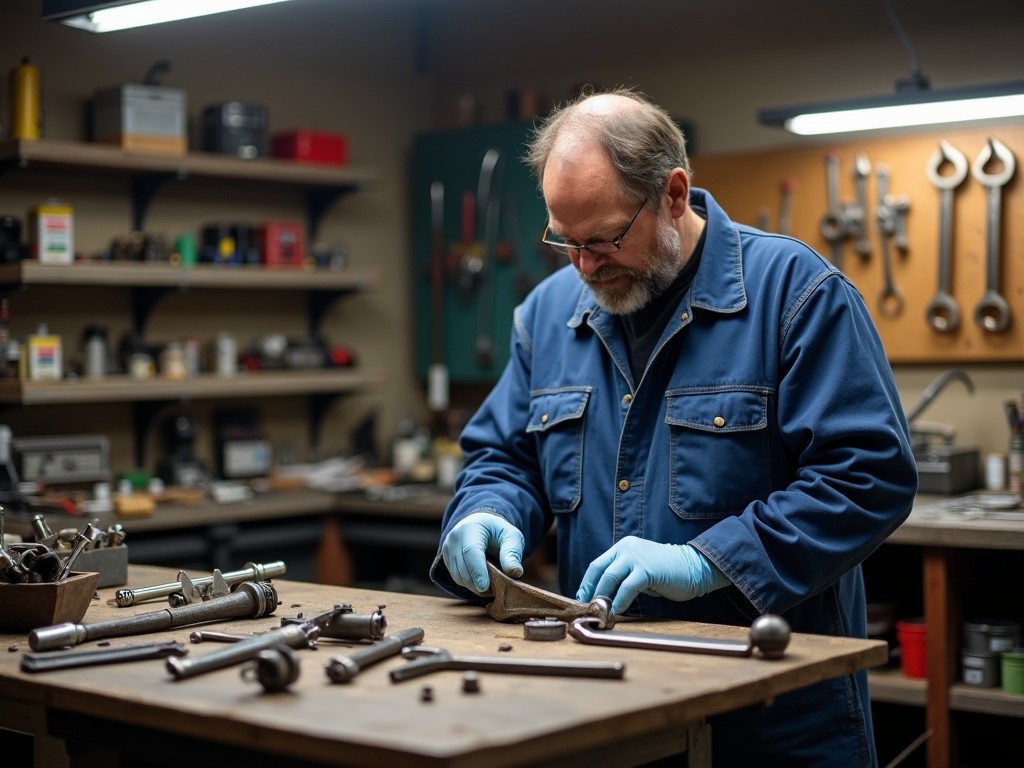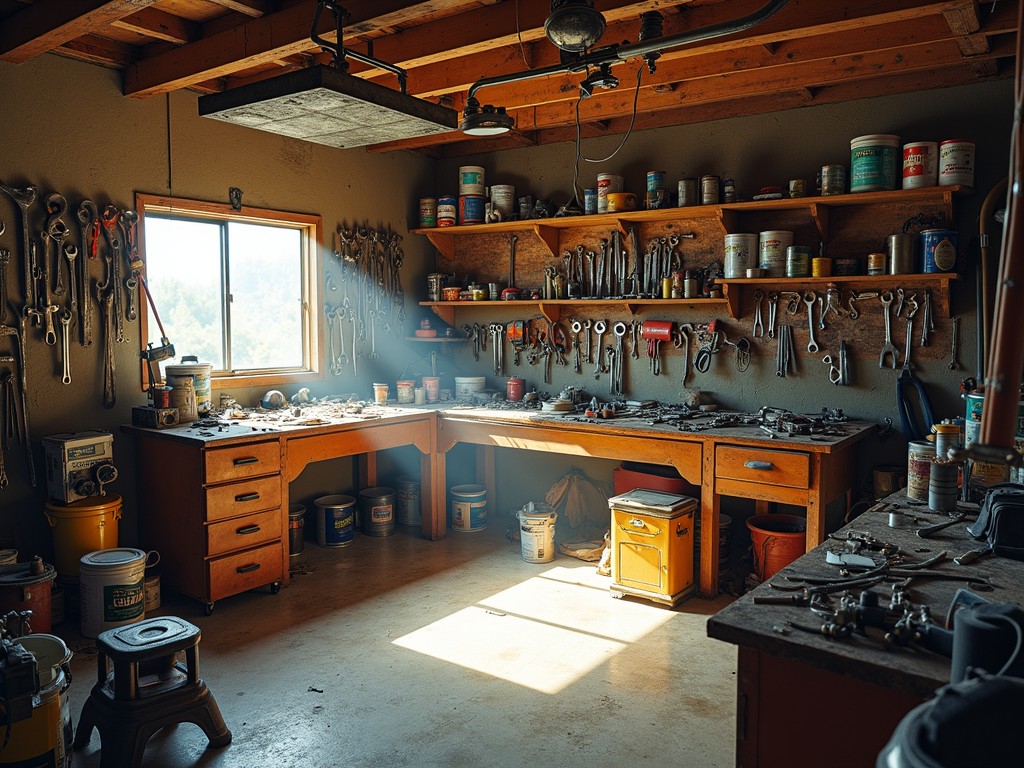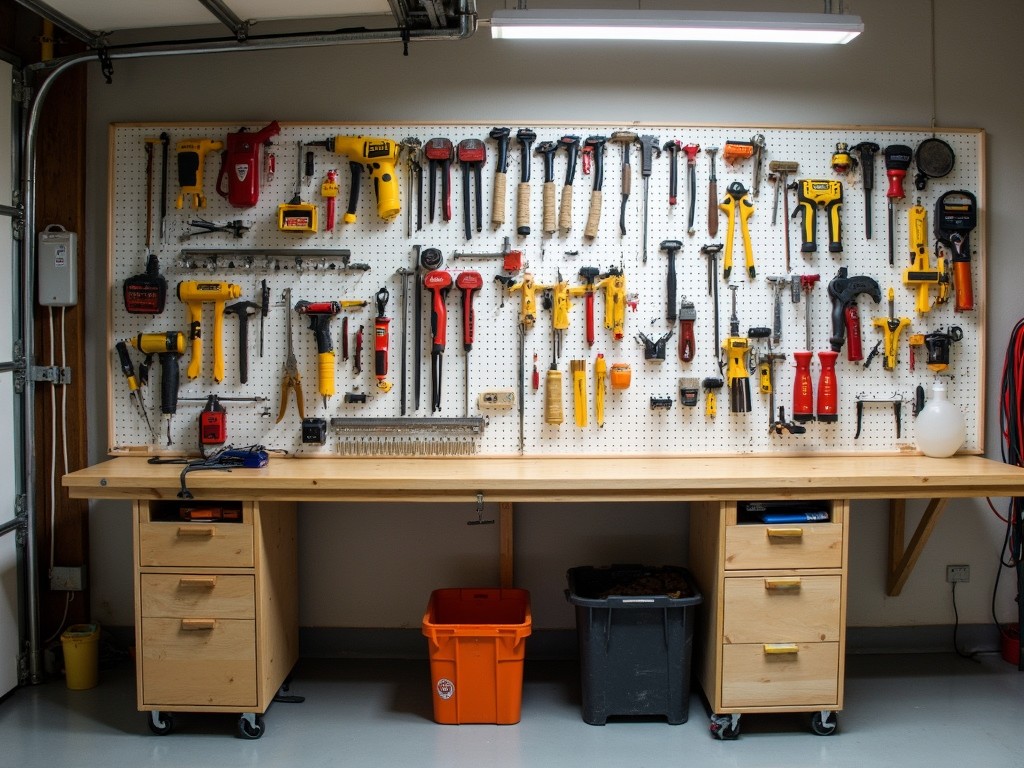Workman Tools for Beginners
Starting your journey in the world of workman tools can be both exciting and overwhelming. With the right guidance and tools, beginners can confidently tackle various DIY projects, enhancing both skills and creativity.
Understanding the Basics: What are Workman Tools?
Workman tools, often bundled in toolboxes, are a collection of devices and equipment designed to make manual tasks, repairs, and constructions easier. Whether you’re fixing a leaky faucet or building a birdhouse, starting with the essentials is key.
Here's a simple list to kick off your toolkit:
- Screwdriver Set: For anything that involves screws, be it assembling furniture or tightening door hinges.
- Flathead
- Phillips
- Hammer: From hanging artwork to repairing fences, a good hammer is indispensable.
- Adjustable Wrench: Perfect for plumbing tasks and tightening bolts.
- Tape Measure: Whether you're measuring curtains or a room, accuracy matters.
These tools are the foundation of every successful DIY project.
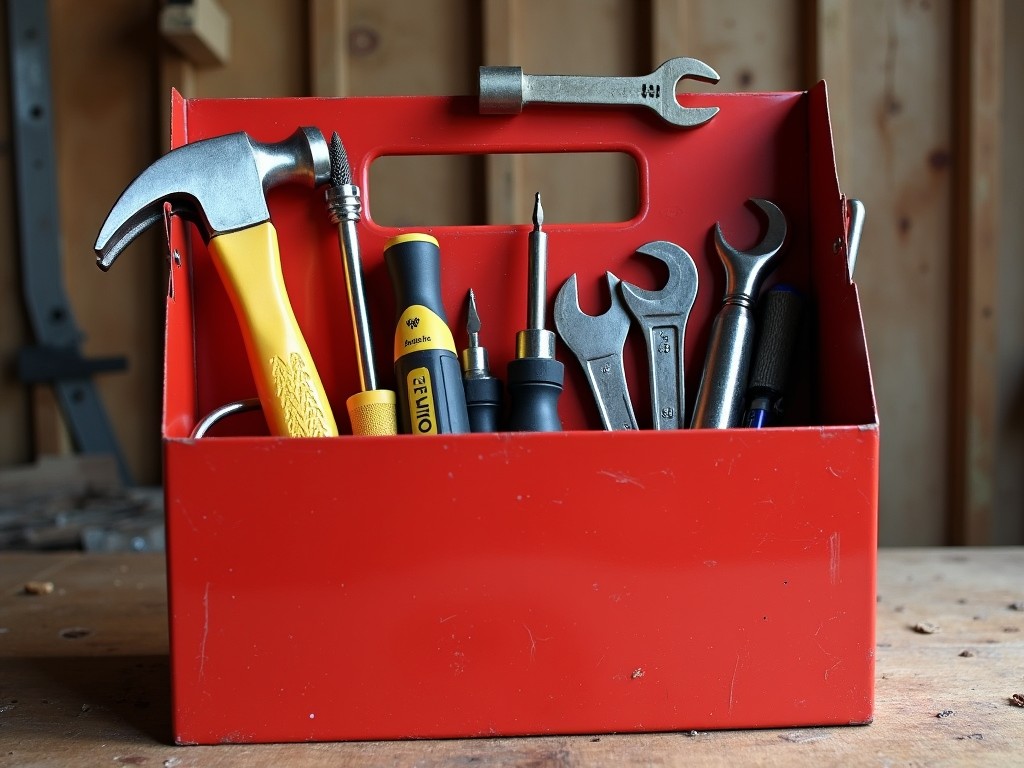
Choosing the Right Toolbox
Finding the right toolbox is critical to keeping your tools organized and accessible. Here are some tips when choosing your first toolbox:
- Size Matters: Start by assessing your space and needs. A compact toolbox is ideal for small spaces.
- Material: Plastic is lightweight and durable, whereas metal provides extra security.
- Compartments: Many compartments help categorize and store small items like nails and screws.
A well-chosen toolbox ensures that every tool you need is within reach, enabling efficient workflow.
Gaining Confidence with Tools
It's common to feel apprehensive when first handling tools. To build confidence, start small:
- Beginner Projects: Try simple tasks like hanging pictures or fixing a loose doorknob.
- Safety First: Always wear safety gear like gloves and goggles. Read manuals carefully.
- Practice Regularly: The more you use your tools, the more skilled you become.

Personal Experience: My First DIY Kit
When I first started delving into DIY, my choice of tools made all the difference. I remember the satisfaction of fixing my kitchen drawer with just a screwdriver and some patience. Tip: Always start with small fixes; they boost both confidence and competence.
Maintenance and Care of Tools
Proper maintenance not only extends the life of your tools but also ensures safety during use. Here's how:
- Clean After Use: Wipe down tools to prevent rust and grit build-up.
- Store Properly: Keep tools dry and stored in their designated spot.
- Regular Inspection: Check for wear and tear to avoid accidents.
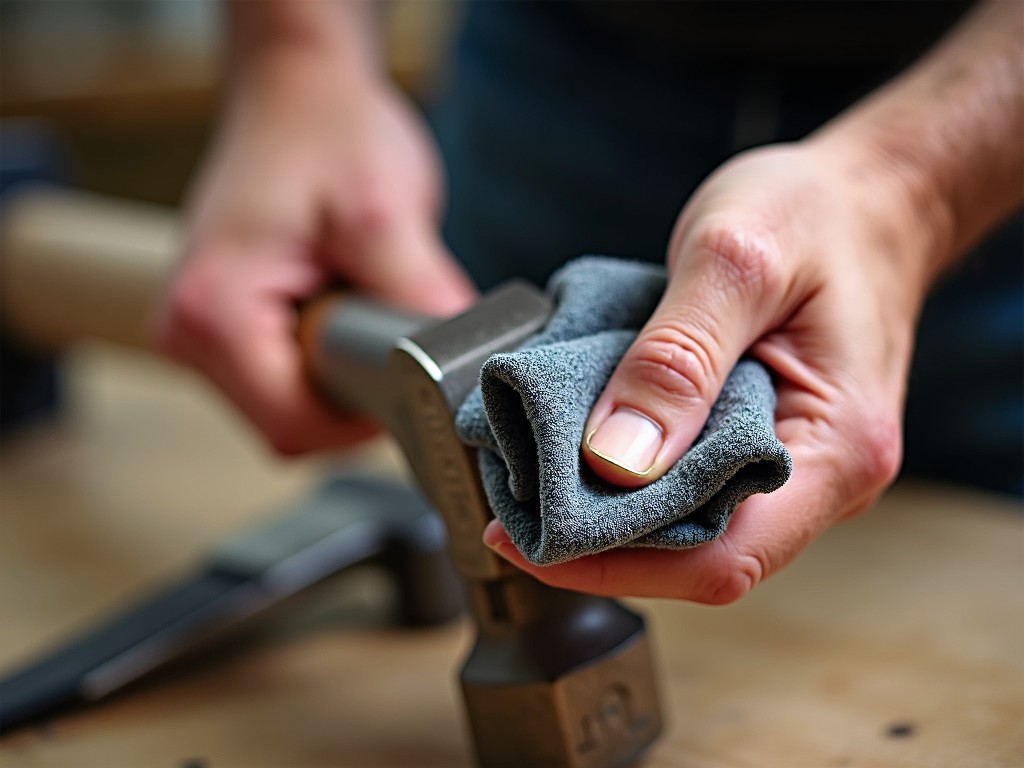
A Summary for Beginners
Embarking on your DIY path with the right tools and mindset is imperative. Embrace learning step-by-step, and don't shy away from asking for help or taking breaks. With each project, you naturally grow more confident and skilled.
Next Steps: Enhance Your DIY Skills
Opt for more complex projects once you're comfortable. Share your journey with friends or join a local DIY community. Remember: Every expert was once a beginner.
Related workman tools for beginners:
- How to Maintain Your Tools for Longevity: A Guide for Beginners
- Essential DIY Safety Tips for Beginners: A Comprehensive Guide
- The Ultimate Guide to Ergonomic Power Drills for Reduced Fatigue
- Hand Tools Safety: Guidelines for Every Enthusiast
- Innovative Workman Tools for Efficiency
- Essential Workman Tools for Plumbing and Maintenance
- Effective Workshop Equipment Maintenance Tips
- Maximizing Small Spaces: Organizing Workman Tools Efficiently
- Comprehensive Guide to Hand Tools Storage Solutions
- How to Organize Tools in a Small Workshop
- Top Electrical Tools for Wiring and Installations
- The Essential Guide to Rotary Tools for Jewelry Making
